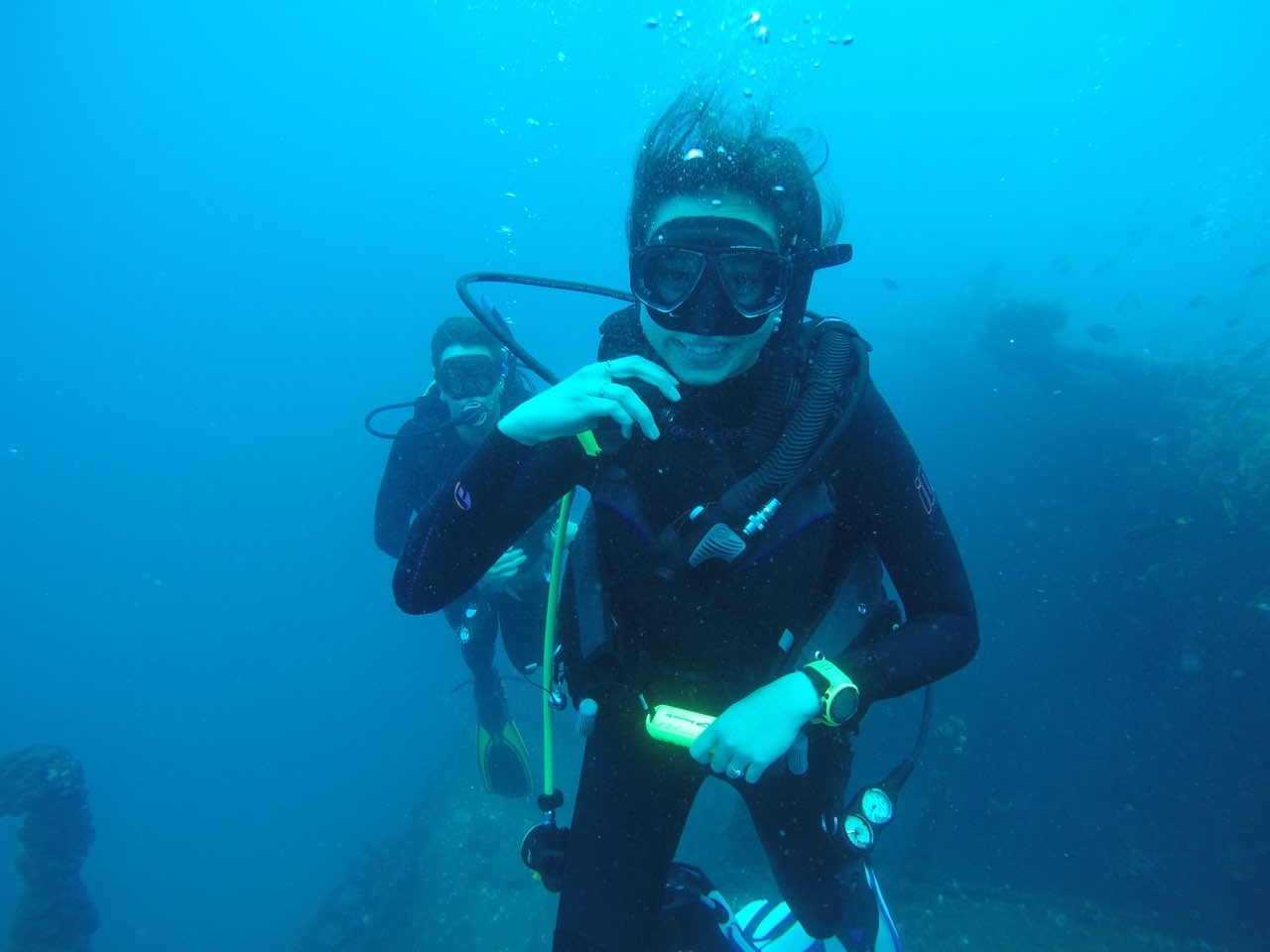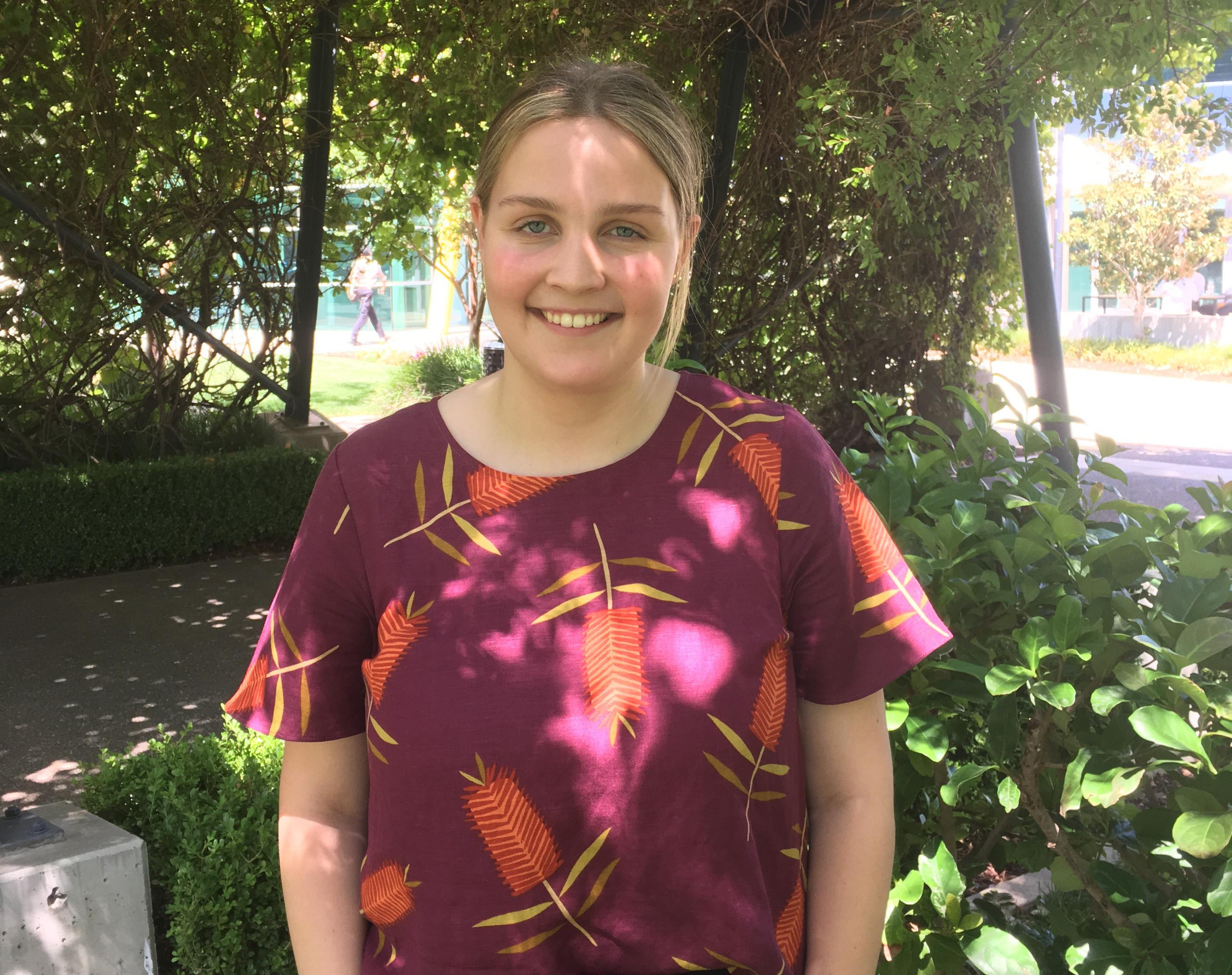The Australian Fisheries Management Authority's Graduate Development Program prepares graduates for a career as a future leader within AFMA by exposing you to a broad range of activities and a targeted training program.
What to expect
Throughout the Graduate Development Program you will:
- build on your degree
- become part of a workplace where we make and implement decisions for the efficient and sustainable management of Commonwealth fish resources
- make a real difference in the management of Australian fisheries
- complete an industry tour where you will meet with key industry stakeholders
- complete a specialist training program designed to prepare you for a career in the public service
- attend various training
- be mentored by senior staff
- receive competitive remuneration, flexible working arrangements and conditions of employment.
The program runs for 12 months and consists of three diverse work rotations to equip you with the skills and knowledge required for a rewarding career in the agency and the Australian Public Service, including the opportunity to undertake one rotation within the Department of Agriculture, Fisheries and Forestry. On completion of the program, graduates can access ongoing training, development and career opportunities.
Graduates will commence the program as full-time employees at the pay point APS 4.1 level ($78,711). After six months' service, graduates who have received a satisfactory rating in performance appraisals will progress to APS 4.2. On successful completion of the program, graduates will be assessed for advancement to APS 5 (pay point 5.1) if:
- the employee's performance is satisfactory
- there is sufficient work available at the higher classification, and
- the employee has the necessary skills and proficiencies to perform that work.
The 12-month graduate program commences February each calendar year in Canberra, ACT.
Career Streams
Natural Resource Management stream
We are looking for graduates with a genuine interest in a career in natural resource management from the following academic disciplines (but not limited to) natural resource management, marine science, fisheries management, environmental science, maritime and environmental law and natural resource economics.
Generalist, STEM, Data and Digital Streams
Indigenous Graduate Pathway
The Australian Government offers graduates job opportunities across multiple disciplines.
How to apply
AFMA will be recruiting for graduates through the Australian Government Graduate Program and the Indigenous Graduate Pathway. AFMA is looking for graduates from the Generalist, STEM, Data and Digital streams. Applying for one of these streams means you only have to go through the application and selection process once to be considered for a range of Australian Government agencies.
Wherever you start your public service career as a graduate, you will do meaningful work from day one, be asked to contribute, be recognised for your perspective, and see the impact you can make in the Australian community we serve.
Click here to apply and find out more.
Australian Government Graduate Program
What drew you to apply for the program?
I studied a Bachelor of Science (Honours) with a major in marine biology at the University of Queensland. Some of my favourite lecturers worked in fisheries and consistently advocated fisheries management as a great career avenue for marine science graduates. I applied for AFMA’s graduate program because it seemed like a great start to a career in fisheries, and because it seemed like a unique opportunity to diversify my experience and apply the skills I have developed throughout my degree in novel and creative ways.
Could you please tell us a bit of your background? What happened to draw you to study in the marine area?
I grew up in Wollongong, which is a stunning coastal town on the south coast. My dad loved the ocean, and his passion was contagious! He encouraged me to try every water-based activity from snorkelling to surfing to spear fishing. I loved exploring the reef and adjacent rocky shore at Port Kembla beach. When it came to choosing a university degree, I discovered my fascination stemmed from an appreciation for the mysterious beauty of ocean ecosystems and a passion for ocean conservation.
What are you career goals post completion of your graduate year?
I plan to continue with AFMA at the completion of my graduate year (provided they’ll have me) in either a content development or communications capacity. I have worked in a variety of teaching and presenting roles, which I hope will provide the foundations for a career with high creative input, and which involves stakeholder engagement. That being said, I expect to learn a lot this year and the best thing I can do is remain open to the possibilities that will emerge as I continue to grow both professionally and personally.
Any words of advice for those who are looking at the graduate program?
Don’t regret something you did not do.
If you’re thinking of applying for a graduate development program, it’s because you’ve closed one chapter of your life and are looking for the next big opportunity. I am going to go out on a limb and say most people don’t know what this opportunity is going to look like. Instead of waiting for an epiphany, actively hunt for opportunities to improve yourself. If you don’t see this program as a career move, then it’s a once-in-a-lifetime chance to develop new skills and extend your capabilities. Just do it.
Can you tell us about your background?
I grew up in Melbourne before coming to Canberra to study a Bachelor of Science majoring in Marine Science and minoring in Biology at ANU. I also gained some experience in fisheries monitoring while working for Archipelago Asia Pacific as a data technician. Before being accepted into the AFMA Graduate Development Program, I had originally planned to further my tertiary education with an honours project focusing on the applications of Geographic Information Systems (GIS) in Marine Protected Areas, but in the years that have passed since I completed the program, I am now completing my Masters in GIS at CSU with AFMAs support.
In what year were you a graduate with AFMA?
2019
Why did you choose AFMA’s Graduate Development Program?
I grew up with an interest in both fishing and marine biology. For me, AFMA was always on my radar as a workplace of interest, especially once I started studying marine science. The AFMA Graduate Development Program stood out to me in particular because of the opportunity to experience three different rotations in a small agency. Once finishing my science degree, I was keen to put it to good use in an organisation where everyday decisions could make a real difference in Australia’s natural resource management. So applying for this grad program was a no brainer for me. I had also met some AFMA representatives at a graduate fair in my final year of study who were really supportive about me applying for the program.
Tell us about a typical day in the life of a graduate at AFMA
The great thing about the grad year is that the work varied on a regular basis, so a ‘typical day’ was different dependent on where and what you were working on. My first rotation was in the Climate Change Adaptation Team, where my major project was to write a literature review on the impacts of climate change on fisheries management around the world. This included applying global adaptation techniques to an AFMA managed fishery as a case study.
Throughout the year though I had the opportunity to manage and work on my own projects, worked with my teams on fisheries management decision making meeting and stakeholder engagement, completed a Diploma in Government and completed many different tasks. AFMA is an amazing place to work with a lot of communication between teams and sections, so I was also able to attend meetings on different projects that were happening across the agency and learnt so much above the different tasks that AFMA completes.
Tell us about the week long industry visit that is part of the Graduate Development Program, what was your industry visit topic and where did you go?
The industry visit was without a doubt the highlight of my grad year at AFMA. I was lucky enough to head to Tasmania and Lakes Entrance to meet with various stakeholders that included fishers, scientists and State agencies to investigate if industry participation in oceanographic data collection was feasible to support AFMA management adaptation to climate change. It was such a great experience to engage with industry so early in my career and gave us all a hands on look at how the management decisions we make at AFMA impact the day-to-day work life of the fishing industry.
What did you find most challenging in your graduate year?
The grad year was the first time I experienced the Australian Public Service, so understanding the policies and procedures that come along with a government agency was all new. Throughout the year there was a need for time management to ensure that every day work, diploma tasks, industry visit work and other committees tasks were all completed. However, saying that, it was also the best part. I love being busy, so putting my head and taking in as much as I possibly could in my first year was the best opportunity to engage with different teams within AFMA. AFMA has such a strong, passionate and supportive group of people working here, which made moving to a new role away from friends and family really easy!
What have you done since the Graduate Program?
Since finishing up my grad year, I worked in the Tuna and International team for a year as a Fisheries Management Officer and am now a Senior Management officer in the Demersal and Midwater team working in the Gillnet, Hook and Trap Fishery.
In my current role I regularly draw on my experience and the people I met during my graduate year. Completing the AFMA graduate program has made me feel well equipped for my career ahead in the public service.

